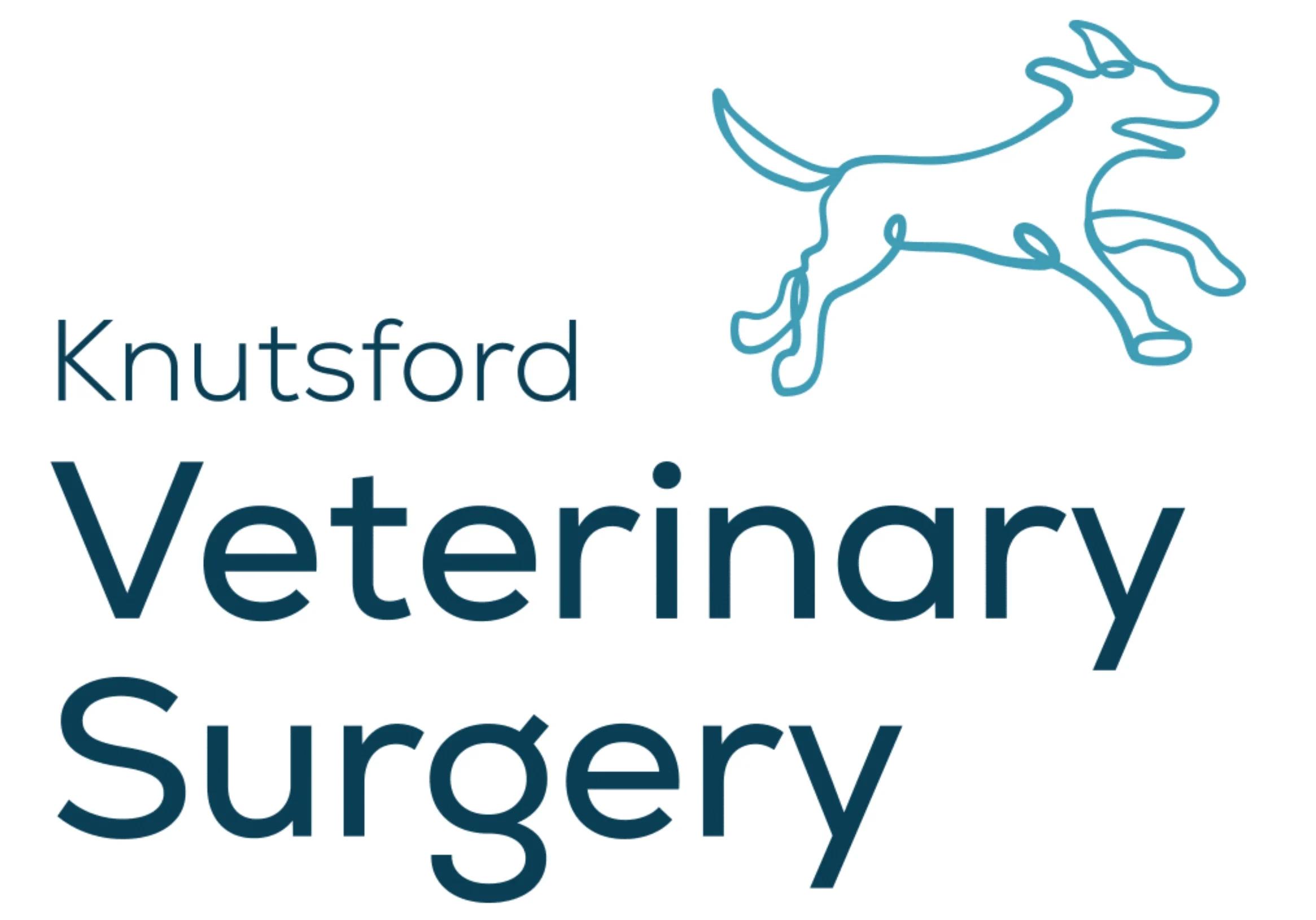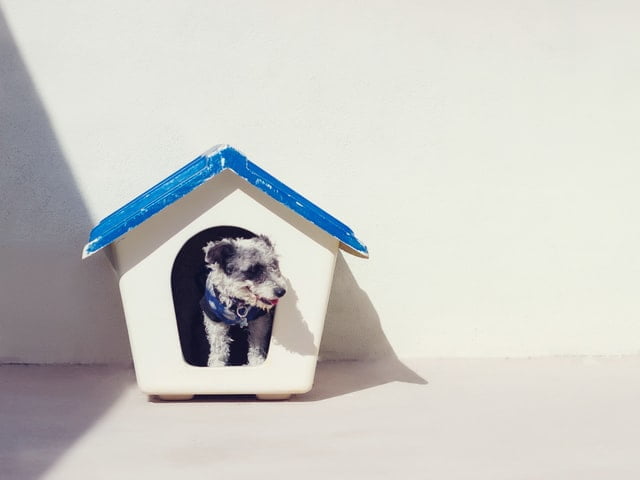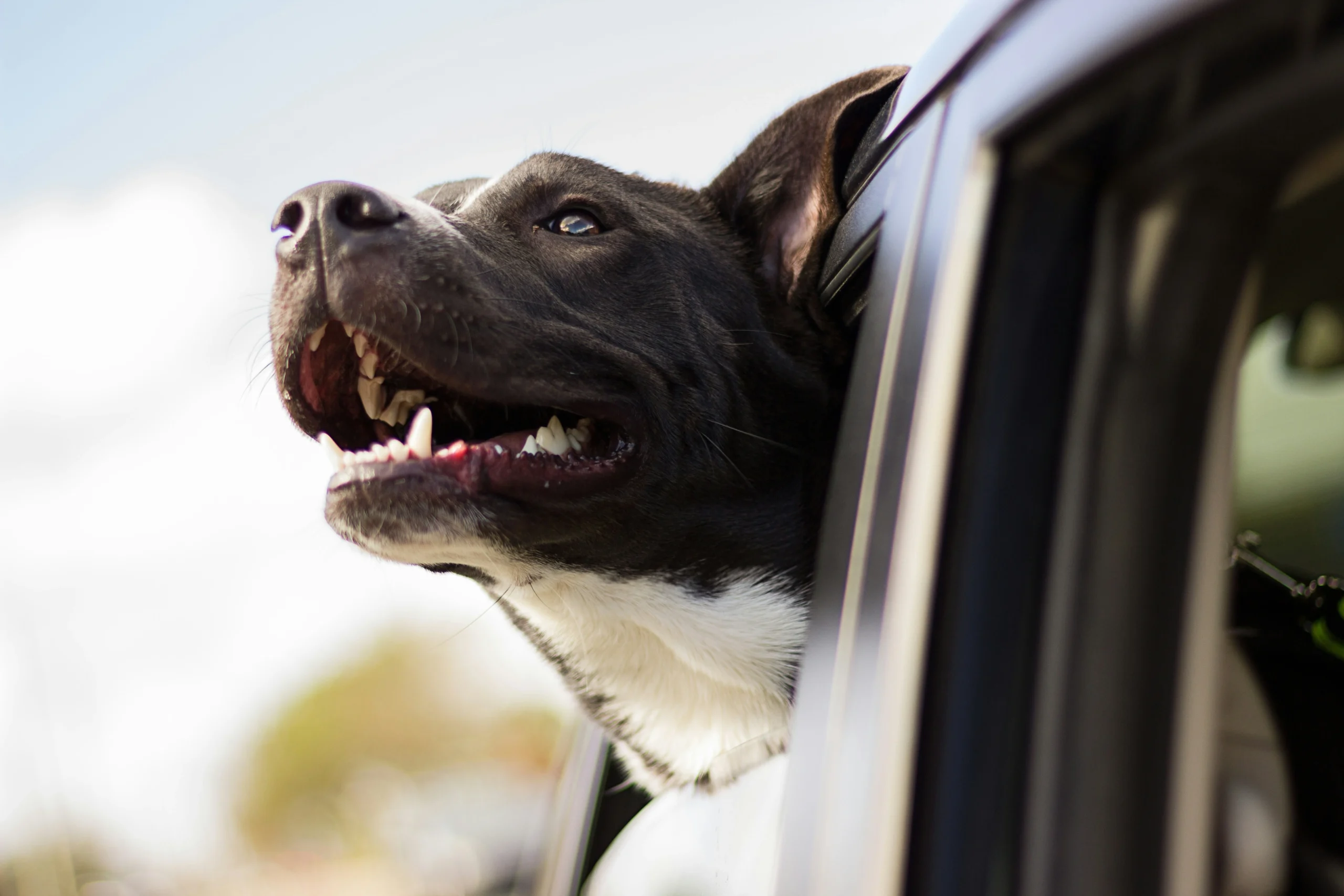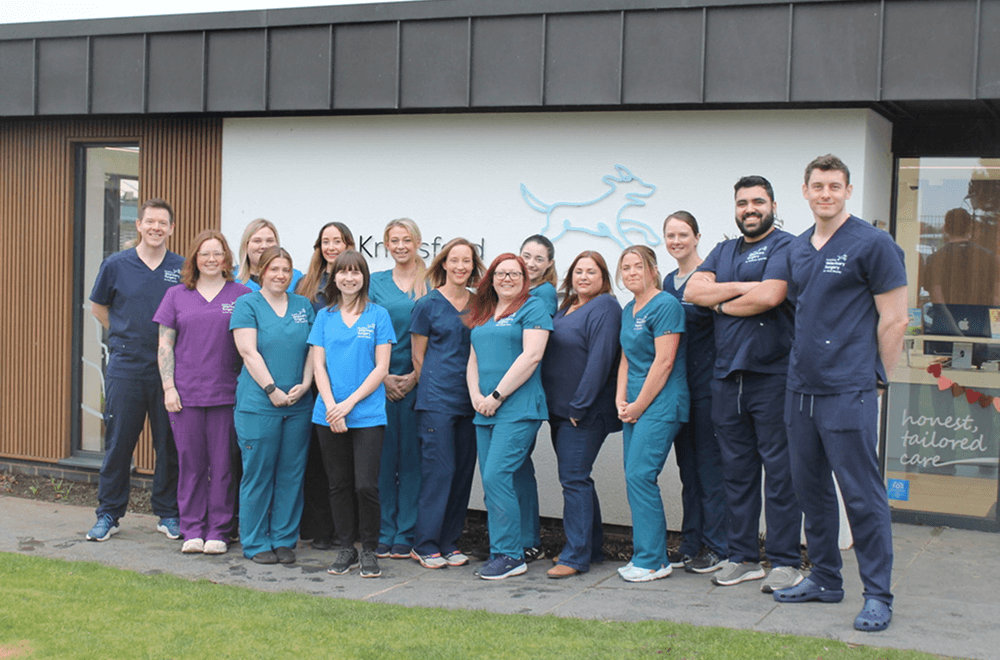Weight Gain & Neutering
There are a wide range of long term health and behavioural benefits that come with neutering your dog, or cat both male and female. However, although neutering will have a long term positive impact on your pet’s health, there can be a number of side effects that may need to be monitored. One of the most common is how neutering affects your pet’s weight.
Can neutering cause weight gain in pets?
You may have heard anecdotal stories from a fellow pet owner about how the neutering procedure caused their pet to pile on the pounds – but does neutering actually cause weight gain in pets? Well, the latest figures published in the Journal of the American Veterinary Medical Association (2013) suggest that neutered pets are around three times more likely to be overweight than unneutered pets.
Thankfully, this relationship was only statistically significant during the first two years after the surgery was performed. This suggests that with the right management neutered pets are no more likely to suffer from long term obesity than unneutered pets.
The age at which a dog was spayed or neutered also had no effect on whether or not they were subsequently diagnosed as being overweight or obese – so no need to worry if your pet is on the older side when getting neutered.
Both cats and dogs and males and females face an increased risk of weight gain after neutering. No matter what pet you have or what gender they are, weight management is something you will need to prepare for when planning to get your pet neutered.
Why does neutering cause weight gain?
In simple terms, neutering alters your pets hormonal balance, which can lead to their metabolism slowing down. This means that the calories they do consume are converted to energy more slowly, meaning they need to take in fewer of them.
They lose certain hormones, including oestradiol, progesterone and testosterone. It also causes a shift in levels of leptin, a hormone that influences appetite and food intake, and insulin, which controls blood sugar. Oestradiol, progesterone and testosterone not only control the production of reproductive cells but also have an effect on general metabolism and food intake.
You may be aware of the effect that metabolism has on our own weight, and it is much the same for our pets. This change in metabolism can reduce your pet’s energy requirement by up to 30%, whilst the change in hormone levels increases their appetite by up to 25%. The perfect storm for weight gain!
This change in hormones can also reduce your pet’s urge to roam and be active, meaning that they burn fewer calories and become more prone to weight gain.
How can owners counteract the impact of neutering on weight?
The good news is that research into the link between neutering and weight gain has found that weight gain is not unavoidable. With the correct management, owners can reduce excessive weight gain in both cats and dogs.
Ensure diet is appropriate
As with any animal who needs to lose weight, one of the most important things to do is to ensure that the diet is appropriate for energy needs. In general, neutered pets require only 75-80% of the food needed by unneutered pets to maintain optimal body weight. Here are some steps you can take to make sure that your pet’s diet is appropriate for them post neutering:
- Adjust your pet’s diet to reflect their new calorie requirements. Your vet will be able to provide you with advice on how much food your pet will need now they are neutered and advise on the most suitable food for your pet
- Provide small, frequent meals so that you can monitor how much your pet is eating. Do not provide food on an ad-lib basis as this will encourage overeating. By providing regular small meals, your pet will feel full throughout the day without the need for extra food and subsequently extra calories
- As much as it can be hard to resist, avoid giving your pet table scraps from your own human food as these can often provide too many calories for a pet.
- Instead, give your pet healthy treats such as some vegetables like broccoli and green beans, or treats designed specifically for pets. As with any kind of treat though, these should be enjoyed in moderation and not make up more than 10% of your pet’s daily calorie intake.
Increase exercise
Even though your pet may not have the desire to exercise as much as they did before being neutered, it is vital that you still encourage them to exercise. For dogs, this could mean gradually increasing the length, intensity and frequency of walks.
You should walk your dog at least twice a day, and should include active games such as ‘fetch’ to get your dog’s heart rate up 9a steady walk down the road is probably not going to do the trick). We all know that cats can be a bit more difficult to inspire to exercise, especially if they are indoor cats, but a couple of things you could try include:
- Playing with your cat daily. Games such as laser pens and wand toys can be a great way to get your cat moving, whilst providing entertainment for both cat and human!
- Investing in some new toys. We all get bored of the same thing after a while. Introducing some new toys now and again will spark your cat’s interest and hopefully cause some pouncing and chasing!
- Invest in a cat climbing frame. Cat’s love to explore and jumping up and down the climbing frame will help provide some exercise.
Carefully monitor weight gain
One of the most effective ways to prevent your pet from becoming overweight is to carefully and consistently monitor their weight. This way, you can quickly identify when your pet is gaining weight and implement weight loss strategies at an early stage, before the weight gain gets out of control.
The best way to check whether your pet is an ideal weight or not is to use a body scoring system. This handy video from our Clinical Director, Dr Paul Adams, will help.
Of course, another effective way to monitor weight gain is by weighing your pet – though if you have ever tried this you probably found out that this isn’t always the easiest thing to do! If you are concerned, bring your pet to Knutsford Vet Surgery and we can weigh them for you. We will also weigh them at their annual vaccination appointment to help track changes over time. Our Pet Gold Plan is the perfect way to include these checks and preventative care for your pet.





